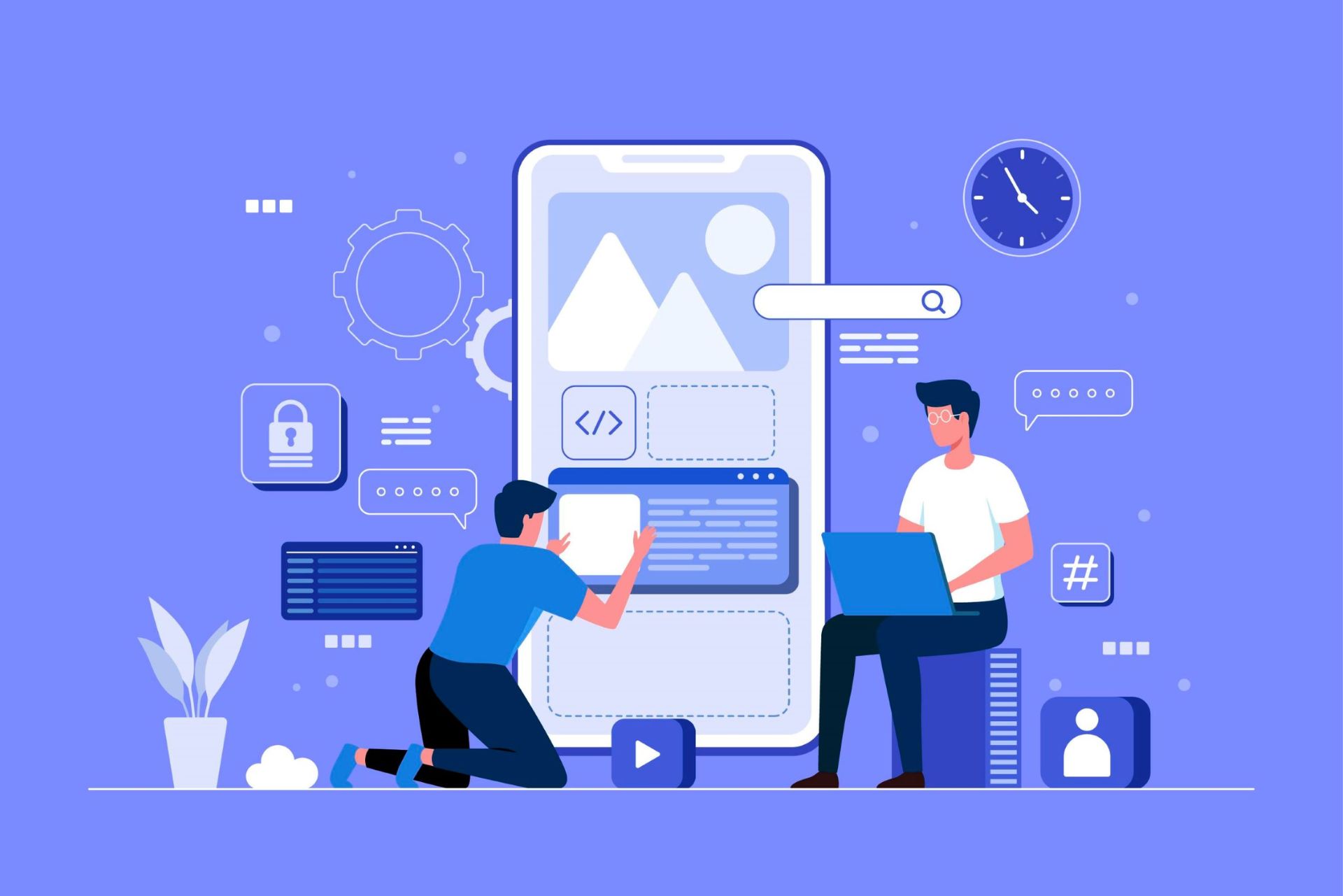#1 Mobile App Development Course with Certification
Classroom Training | Live Online Session
Join our Mobile App Development Course and learn to create Mobile App from scratch. Our Online & Offline Mobile App Development Course is taught in a comprehensive format and it allows you to get further 1-on-1 mentoring sessions to clear your doubts.

1-on-1
Mentoring Sessions
Beginner
Course Level
Flexible Per Course
Timing
1000+
Students Trained
Mobile App Development Course Details
Industry-Relevant Curriculum
1:1 Mentoring Session with Expert Trainers
No Prior Experience/Knowledge required
Access to LMS
Dedicated Q&A Support & Doubt Solving Sessions
Practice Tests & Assignments
Get Brochure Now !
What Our Students Say
 “I enrolled for ProiDeators SEO, Social Media short-term certification courses. I am satisfied with this course and teaching. Also, I got all certificates from there for SEO & Social Media. I would totally recommend going for these short-term certification courses.”
“I enrolled for ProiDeators SEO, Social Media short-term certification courses. I am satisfied with this course and teaching. Also, I got all certificates from there for SEO & Social Media. I would totally recommend going for these short-term certification courses.”
– Pooja Yadav
Student of SEO & Social Media
 “Best short term course for Website Development & Google Analytics. Excellent institute for practical knowledge. It gives you quality as it promises. Specially the teachers are very good who teach with examples that make it easy to understand.” Best Digital Marketing Courses Institute.
“Best short term course for Website Development & Google Analytics. Excellent institute for practical knowledge. It gives you quality as it promises. Specially the teachers are very good who teach with examples that make it easy to understand.” Best Digital Marketing Courses Institute.
– Pratik Shirore
Student of Masters in Digital Marketing, India
Mobile App Development in Digital Marketing Training Courses at Thane, Mumbai – India
The process of designing software programmes specifically built to run on mobile devices such as smartphones and tablets is referred to as mobile app development. It involves designing, coding, testing, and deploying mobile apps for various platforms, including iOS (Apple devices) and Android (Google devices).
Mobile app development can be divided into several stages:
Conceptualization and Planning: The first step in mobile app development is to define the concept and purpose of the app. This involves understanding the target audience, identifying the app’s core features and functionalities, and determining the overall app strategy and goals. Thorough planning helps in creating a clear roadmap for the development process.
User Experience (UX) and User Interface (UI) Design: UX design focuses on creating a seamless and intuitive user experience, ensuring that the app is easy to navigate and use. UI design involves creating visually appealing interfaces that align with the app’s brand and target audience. Wireframing, prototyping, and user testing are commonly employed to refine the app’s design.
Development: Once the design is finalized, the development phase begins. It involves writing code and programming the app’s functionality. Depending on the chosen platform, different programming languages and frameworks are used. For iOS app development, Swift or Objective-C are typically used, while Android app development relies on Java or Kotlin.
Testing and Quality Assurance: Rigorous testing is crucial to identify and fix any bugs or issues in the app. This includes functional testing to ensure all features work as intended, performance testing to assess the app’s speed and responsiveness, compatibility testing to verify its compatibility across different devices and operating systems, and security testing to address vulnerabilities and protect user data.
Deployment and Distribution: Once the app is thoroughly tested, it is ready for deployment. For iOS apps, the app needs to be submitted to the Apple App Store for review and approval, whereas Android apps can be published on the Google Play Store. App store guidelines and requirements must be followed during the submission process.
Maintenance and Updates: After the app is launched, regular maintenance and updates are necessary to keep the app functional, secure, and up to date with the latest operating system versions. This includes fixing bugs, implementing new features, and addressing user feedback and requests.
To learn more about mobile app development without a coding language then you must join the ProiDeators India’s leading digital marketing institute that offers comprehensive digital marketing program with certification. They also help students with internship and placement assistance to the reputed organization. Mobile app development requires a combination of technical skills, creativity, and attention to detail. It is essential to consider factors such as target audience, platform compatibility, performance optimization, and security to create a successful and engaging mobile app. Collaboration between designers, developers, and quality assurance professionals is crucial throughout the development process to ensure a smooth and effective app development cycle.
